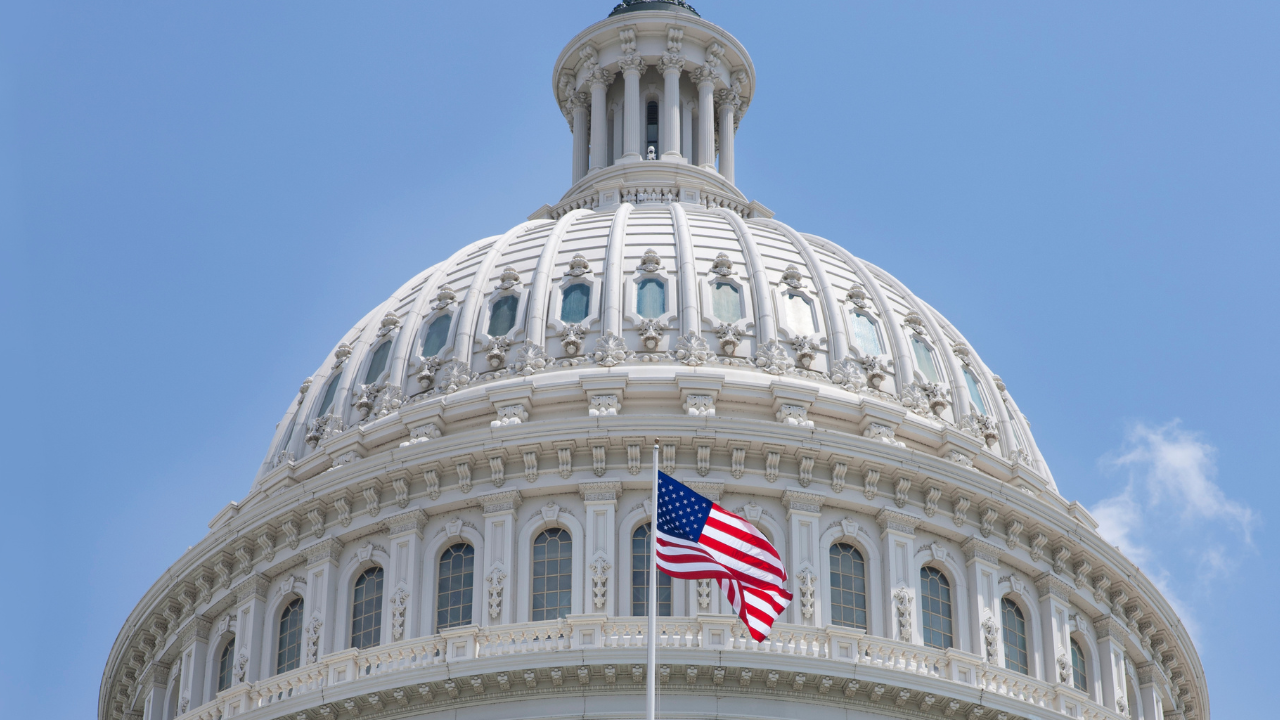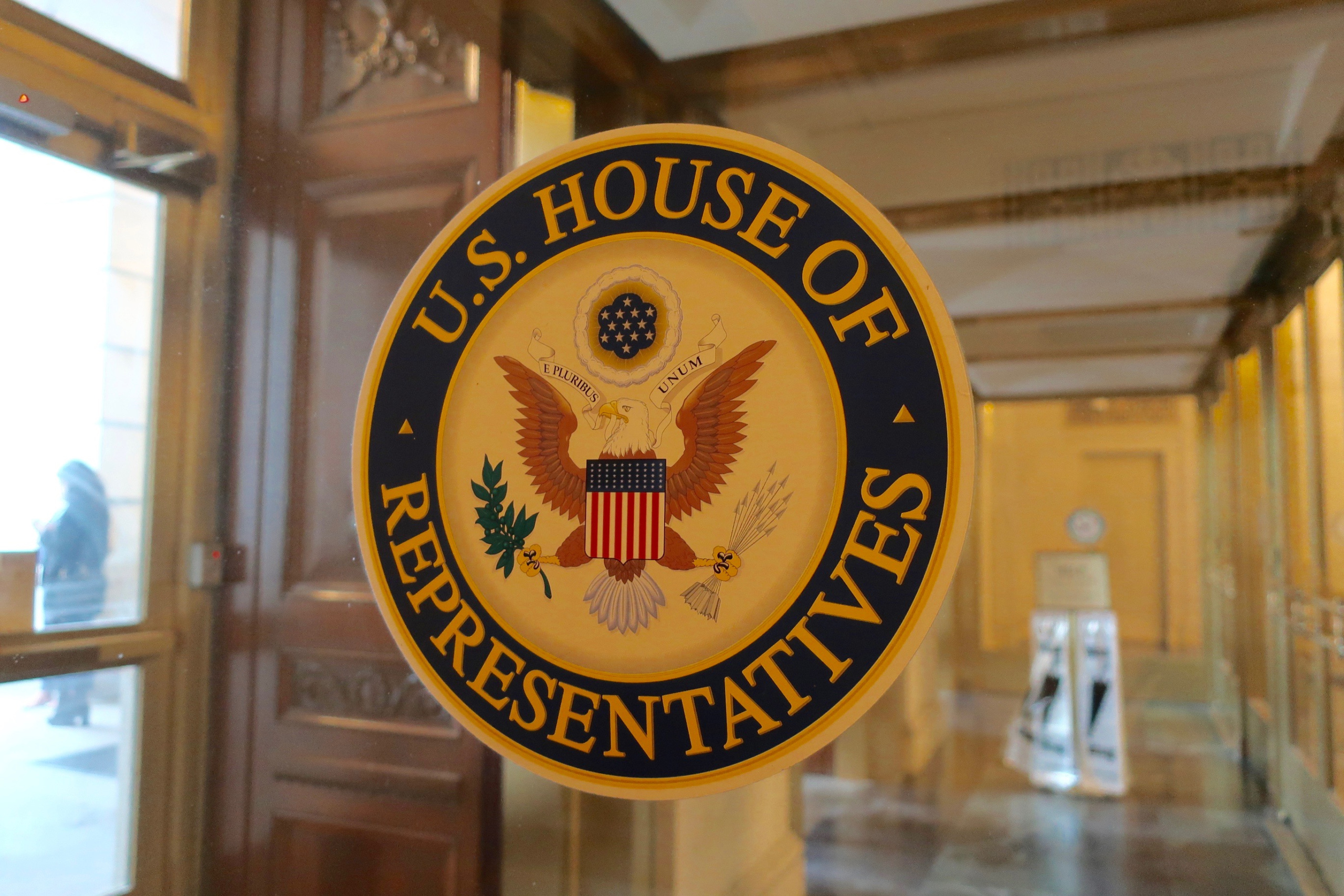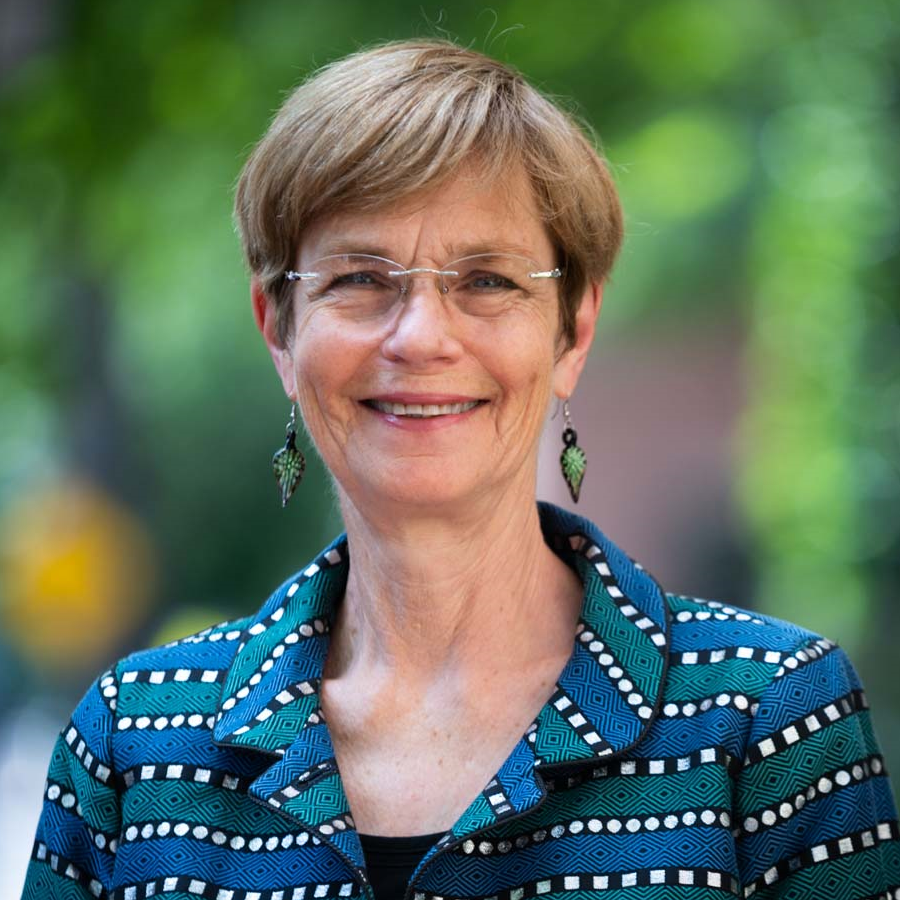ANCOR News - 03.17.23
The Day is Here: The HCBS Settings Rule is in Effect

Share this page
Stay Informed on the Latest Research & Analysis from ANCOR
More News
Capitol Correspondence - 02.18.25
House Budget Committee Advances GOP Budget Resolution as Reconciliation Effort Gains Momentum

Capitol Correspondence - 02.18.25
RFK Jr. Sworn In as HHS Secretary, Chairs New “Make America Healthy Again” Commission
Stateside Report - 02.18.25
Stateside Report: February 18, 2025


